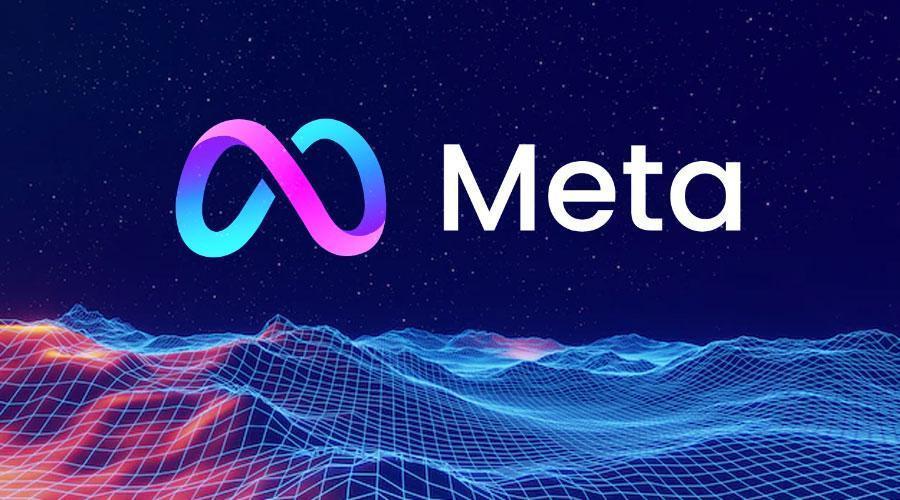lipflip – Meta will begin using conversations with its AI chatbots to gather data for ad targeting, starting December 16, 2025. This update, announced in a company blog post, aims to enhance personalization across Meta-owned platforms like Facebook and Instagram. The company began sending notifications and emails about this change on October 7.
Read More : Huawei 910C Uses TSMC Die and Samsung Memory, Replacing Nvidia
The data collection process will include analyzing user chats with AI assistants to determine interests and preferences. Meta gives an example where a user discusses hiking with a chatbot, which may then trigger ads for hiking boots or posts about local trails. According to Meta, this information will help show more relevant ads and content.
Christy Harris, Meta’s privacy policy manager, explained that chatbot interactions will become another data input for ad and feed personalization. This means Meta will now treat your chats with AI in much the same way it handles your likes, shares, or searches.
However, there will be no option to opt out of this data collection. If you choose to interact with Meta’s AI chatbots, your input will automatically be analyzed for advertising purposes. This raises concerns, especially since private conversations have typically not been used in this manner.
Initially, this update will not apply in the European Union or South Korea. These regions are temporarily exempt, likely due to stricter privacy regulations such as the GDPR. Meta has not confirmed when or if these areas will be included later.
Meta insists it will not scrape sensitive topics. The company claims it will exclude discussions involving political beliefs, religion, sexual orientation, health, or philosophical views. Still, many privacy experts advise users to avoid discussing these subjects with AI chatbots altogether.
What This Means for Users and How to Navigate the Change
Meta’s move marks a significant shift in how digital conversations are treated in the broader landscape of online privacy. Until now, one-on-one chats with AI have largely remained outside the scope of behavioral ad targeting. This change effectively ends that boundary.
For users, the key takeaway is clear: if you interact with Meta’s AI, your words may shape your ad experience. This includes recommendations for groups, posts, and sponsored content based on your conversation history with the chatbot. Whether you’re asking for vacation tips or advice on buying a new phone, it could all feed into Meta’s ad algorithms.
Because opting out is not possible, the only way to avoid this type of tracking is to stop using the chatbots entirely. This might not be a practical solution for everyone, especially as Meta continues integrating these tools across its platforms. Still, it’s currently the only sure way to maintain control over your conversational data.
As AI chatbots become more embedded in our daily digital lives, questions around data ethics and privacy grow more pressing. This development highlights the need for stronger user protections and greater transparency in AI applications.
Users should stay informed and consider how they engage with digital assistants, especially in platforms owned by major ad-driven companies. As AI evolves, so do the methods for collecting and using personal data. Being cautious and aware remains the best defense in an increasingly connected world.
